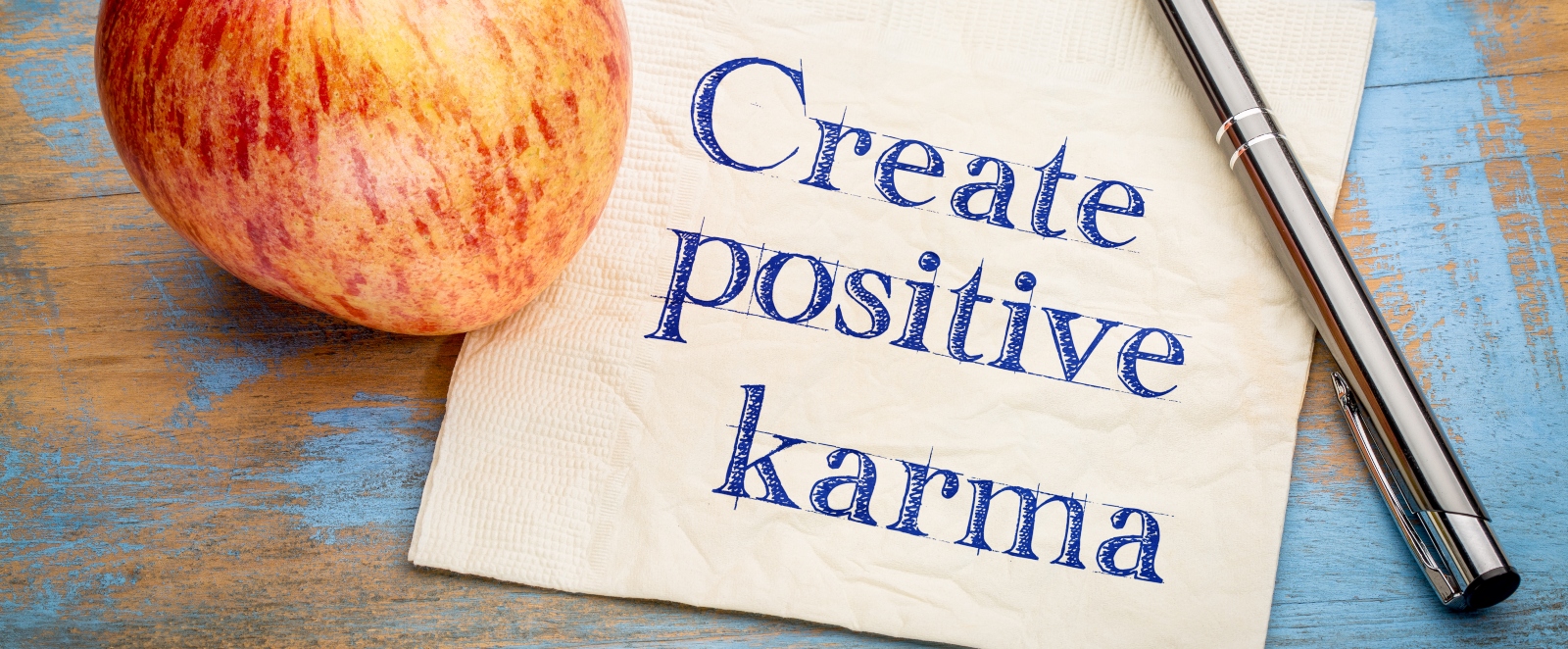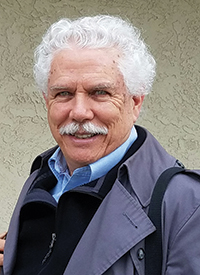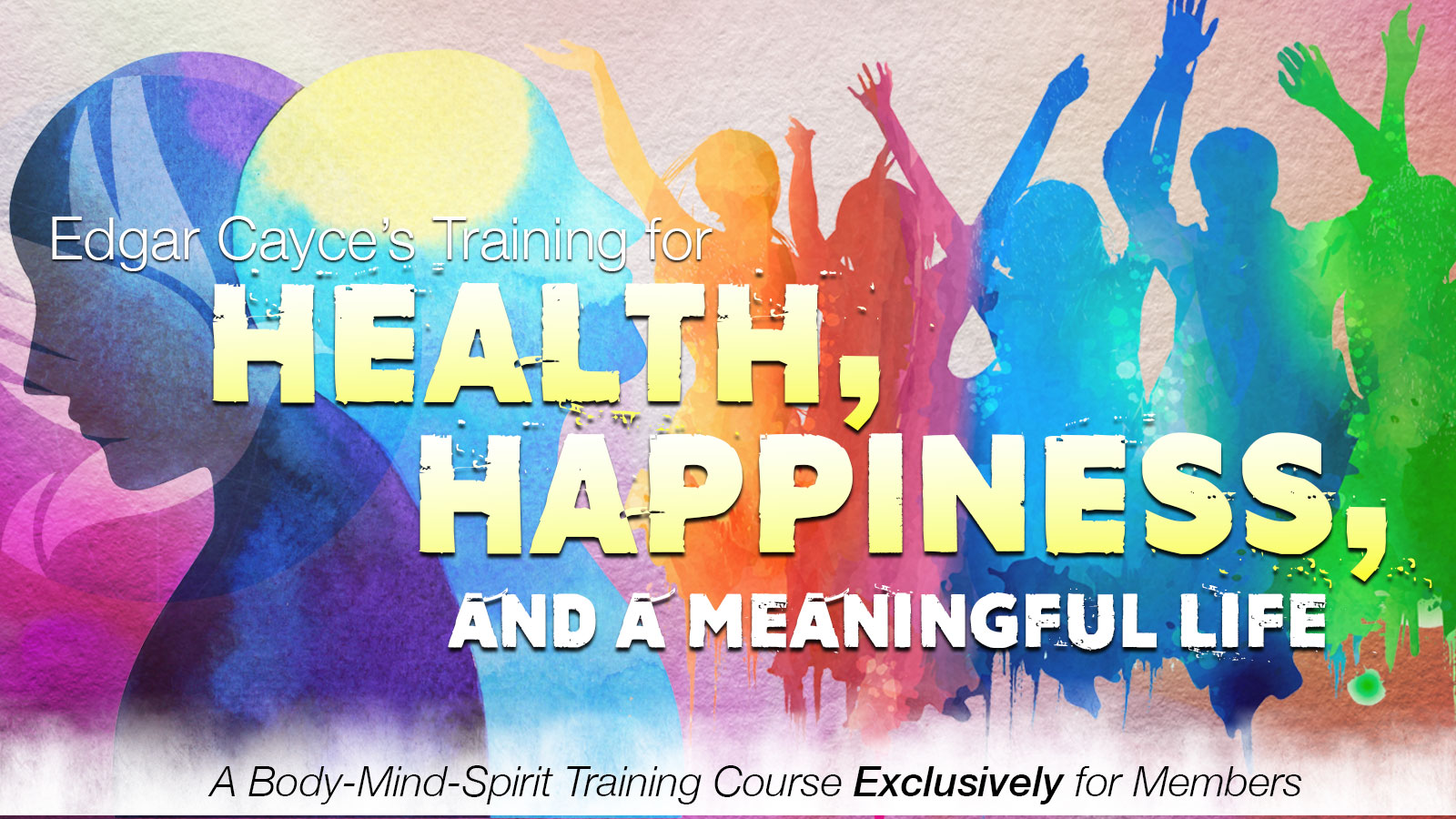Some Thoughts About Karma
The spiritual principle of “cause and effect” or “action creates reaction” is found in the teachings of Hinduism, Buddhism, Jainism, Sikhism, Taoism, and Christianity (“reap what you sow” –Galatians 6:7). In Ancient India literature, the teaching occurs some 40 times: “One becomes good through good action, and evil through evil action.” (Brihadaranyaka Upanishad, 3.2.13) “As a man himself sows, so he himself reaps; no man inherits the good or evil act of another man. The fruit is of the same quality as the action.” (Mahabharata, xii.291.22)
Karma operates as a natural universal law. It is a self-sustaining mechanism. Everything has a motivation behind it, an initial impulse, and that affects the oneness, the whole. It is so with science. For example, the results of the interaction of two atoms of hydrogen and one of oxygen will always result in water (H2O). It’s a natural condition of universal forces. Mental processes are a result of the interactions between the environment and the cortex. Forces in the macrocosm operate independently of a person’s will and consciousness, but they affect every individual. And those forces within the microcosm of an individual, and are rooted in psychological factors, in consciousness. These affect the whole since each individual is a part of a collective consciousness. And just as an individual can affect the whole, like-minded people can become a group force of influence upon macrocosm. Motivations, intentions, and actions generate forces of attraction and repulsion – in both the macrocosm and the microcosm. These in turn affect the whole as well as the circumstances and relationships among individuals. Fortunately, as influences change, so do the effects upon circumstances and relationships.
Modern-day young people already use a saying that reveals their understanding of karma: "What goes around comes around."
Let me add a curious teaching from Edgar Cayce to our thoughts about karma. The universal law of action-reaction is not concerned with whether I’m a good guy or a bad guy, it just sustains the mechanism of action-reaction. It is impersonal, not personal. However, Cayce teaches that as soon as one of us shifts from mindless, impulsive action to mindful intentionality to do good, to make life better, then the universal law of action-reaction is subdued by the universal law of grace. And the law of grace modifies the reaction to actions because of the person’s good intentions, of their mindfulness about their actions, words, and even thoughts. Cayce gave several examples in his readings where karmic reaction was not equal to the person’s initial action because of the person’s new, mindful intention. And this type of reaction he called grace. Here’s one of his statements on this: “As [one] sets itself to accomplish that which is of a creative influence … no longer is the entity under the law of cause and effect or karma, but rather in grace.” (2800-2) Note that "creative influence" is what he identifies as the nature of God, of the Creator, and that we have now tuned ourselves to these life-giving, uplifting intentions rather than those impulsive and so often destructive ones, which are the nature of the dark forces.
It’s nothing personal, it is simply the mechanism of a law. Our ego is not being stroked because we are trying to do good – no – doing good is its own reward. When Jesus taught: “not one jot or one tittle shall be erased from the law” (Matthew 5:18), it is because the law is perfect! What one does comes back upon them to teach them, not punish them. If one understands human frailty, human nature with its vices and negative habit patterns, then understanding about that person’s own mistakes with human nature come back upon that person! If they forgive others, then forgiveness comes back upon the one forgiving! It is simply a perfectly functioning law – and has nothing to do with personality, position, or faith. Do good, think good, speak good, and goodness comes back around to you.
Grace is the condition of being in the orb or aura of goodness and mindfulness.
This blog is part of our 2020 Enlightenment Series. Members can access all of the available material, which includes an online video and downloadable monthly lesson, in the Member-only section of our website at EdgarCayce.org/members. Not a member? Join now.







